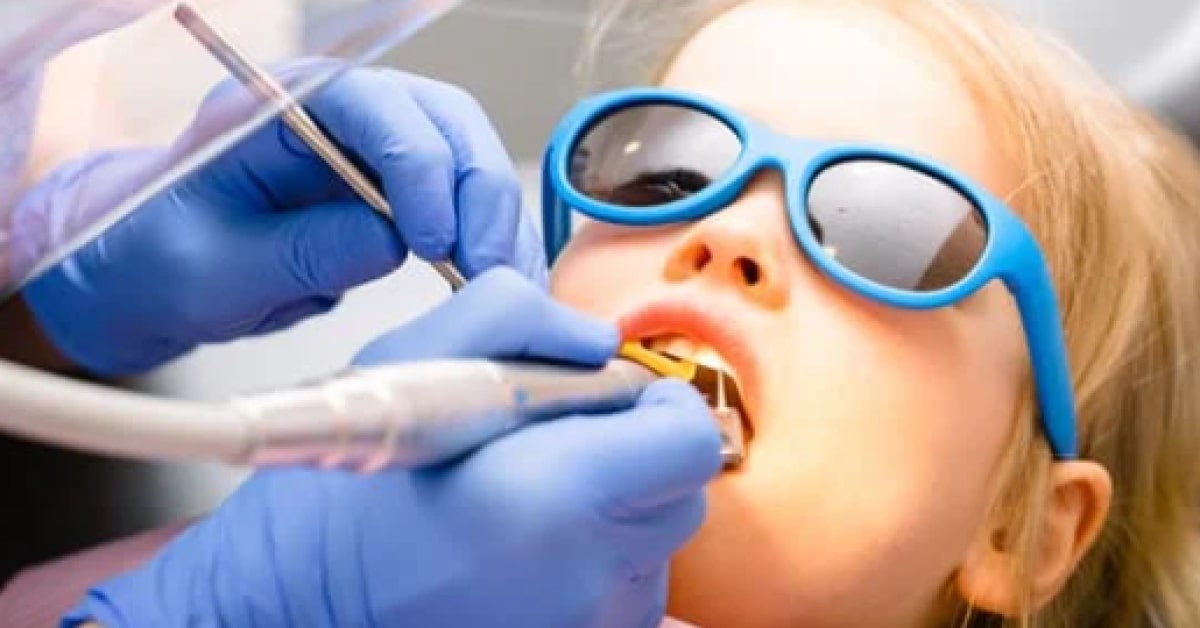Blog
July 12, 2023 • 10 mins readStrategies for Conquering Sugar Cravings and Improving Oral Health
Sugar cravings can be overwhelming, but consuming too much sugar can harm oral health. Effective strategies for conquering cravings and improving oral health are discussed.
Author
Danielle Duncan

In this Article
Almost all of us have experienced the extremes of sugar cravings at some point in our lives. Whether it’s late at night or during a stressful day at work, the desire for something sweet can be overwhelming. However, consuming too much sugar can have negative effects on our overall health, especially our oral health. Let’s fight those cravings and discuss effective strategies for conquering craving sweets and improving oral health.
Sugar Craving Meaning. Understanding Sugar Cravings
Before we delve into the strategies, it’s important to understand why we experience sugar cravings. According to research, sugar consumption activates the pleasure centers in our brain, leading to the release of dopamine, a neurotransmitter associated with pleasure and reward. This creates a cycle of craving and reward, making it difficult to resist those sweet treats.
Sugar cravings can also be a sign that your body is in need of a quick energy boost. When you consume sugar, your body rapidly converts it into glucose, which provides a burst of energy.
Unfortunately for our sweet tooth, sugar addiction can lead to insulin resistance, which can cause weight gain, type 2 diabetes, and other health problems. Sugar can also damage our teeth by promoting the growth of harmful bacteria that cause cavities and gum disease.
Now that we understand what causes sugar cravings and the dangers of sugar addiction, let’s explore some effective strategies for conquering sugar cravings and improving oral health.
1. Identify Triggers
The first step in conquering sugar cravings is identifying your triggers. Do you reach for a sugary snack when you’re stressed, bored, or tired? Once you’ve identified your triggers, you can take steps to avoid them or find healthier alternatives.
For example, if you tend to crave sugar when you’re stressed, try practicing relaxation techniques such as deep breathing or meditation. If you’re bored, find a fun activity to occupy your time, such as taking a walk or reading a book. And if you’re tired, try taking a nap or drinking a cup of green tea instead of reaching for a sugary snack.
2. Eat a Balanced Diet
Eating a balanced diet is key to preventing sugar cravings. When we eat a diet rich in fiber, protein, and healthy fats, we feel fuller longer and are less likely to crave sugar.
Eat a variety of vegetables, fruits, lean protein, healthy fats, and grains. Avoid processed foods, sugary drinks, and snacks high in sugar or refined carbohydrates.
3. Exercise Regularly
Exercise is not only good for your overall health, but it can also help reduce sugar cravings, protecting your oral health. When we take the time to exercise, our bodies will release endorphins, improving mood and helping to reduce stress.
Make exercise a regular part of your routine, aiming for at least 30 minutes of moderate-intensity activity most days of the week. Find an activity you enjoy, such as dancing, swimming, or hiking, and make it a habit. If you have physical limitations, talk with your primary care doctor about how to safely incorporate exercise into your daily routine.
4. Get Enough Sleep
Getting enough sleep is essential for reducing sugar cravings. When we’re sleep-deprived, our bodies produce more ghrelin, a hormone that stimulates appetite, and less leptin, a hormone that suppresses appetite.
Try to get at least 7 to 8 hours of sleep every night by establishing a regular sleep routine. Avoid caffeine and electronic devices before bed, and create a relaxing environment in your sleeping space.
5. Find Healthy Alternatives
When sugar cravings strike, it’s important to have healthy alternatives on hand. Try snacking on fresh fruit, nuts, or vegetables with hummus. Drink water or herbal tea instead of sugary drinks, and choose dark chocolate with a high percentage of cocoa instead of milk chocolate.
6. Practice Good Oral Hygiene
Finally, practicing good oral hygiene is essential for preventing tooth decay and gum disease. By brushing twice per day with fluoride toothpaste, flossing, using mouthwash, and visiting your dentist regularly you can help to limit the effects of sugar on your mouth.
When trying to beat cravings for a sweet treat, consider using sugar-free gum or mints to freshen your breath and reduce cravings. Chewing gum can also stimulate saliva production, which helps neutralize acid and prevent tooth decay. Conquering sugar cravings and improving oral health requires a multifaceted approach. By identifying your triggers, eating a balanced diet, exercising regularly, getting enough sleep, finding healthy alternatives, and practicing good oral hygiene, you can reduce your sugar intake and improve your overall health. Remember, taking small steps toward breaking a habit can have a huge impact over time.



